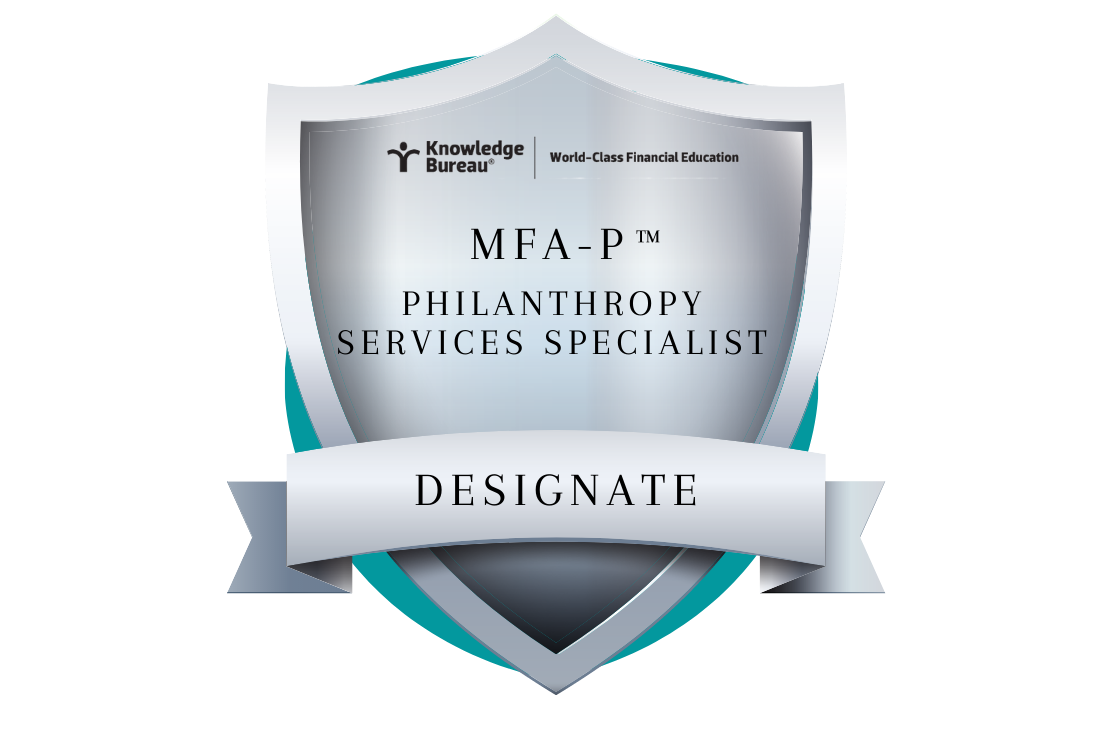Fewer Givers: New Trends in Charitable Giving

An interesting trend has emerged in giving has emerged over the pandemic years. In a new report released by Statistics Canada on March 14, 2023 there was a 3% drop in donors claiming donation tax credits in the 2021 tax filing year. Are Canadians less charitable these days? Or is something else going on?
The dollar amount given to charitable organizations was in fact up by 11.5%: more than $11.8 billion was donated. The median annual charitable donation also increased by 5.9%, to $360.
But fewer than 5 million donors actually claimed the credit (4,967,050). This doesn’t necessarily means there are fewer people giving, it’s just that some may be saving their donations credits for future years – donations can be carried forward 5 years. High income donors should be wary of that strategy, however, as a new Alternative Minimum Tax is about to apply for 2024 and future years and this could affect the ultimate after-tax benefit. In addition, high inflation and high interest rates could be putting a crimp into the budgets for giving in some bases.
But there is more likely something else going on, too. The government study suggests, for example, that the increased use of crowdsourcing platforms and other methods of funding that do not provide donation receipts for tax purposes may be an emerging trend.
There are some interesting statistics supporting this trend. For example, according to Fundera:
- $17.2 billion is generated yearly through crowdfunding in North America.
- Funds raised through crowdfunding grew 33.7% last year.
- There were 6,455,080 worldwide crowdfunding campaigns last year.
- The crowdfunding market is projected to grow to $300 billion by 2030.

- There are projected to be 12,063,870 campaigns by 2023.
- Those aged 24-35 are much more likely to participate in crowdfunding campaigns.
- Successful crowdfunding campaigns have raised $28,656 on average.
- The average amount raised by all crowdfunding campaigns last year was $824; average pledge is $88.
- Overall crowdfunding projects have an average of 47 backers.
- The average success rate is low: 22.4%.
Why would people want to give without receiving a charitable receipt? For many, giving goes beyond any financial reciprocity. . .it’s about helping where the heart is; it’s a personal gift, and under that category it doesn’t qualify for a donation receipt, and for those that support crowd funding activities, that’s okay.
Regardless of preference, many people would plan to give more if they had a strategic philanthropic planning opportunity. That’s the reason why they would want to work with a professional who has earned the MFA-P™ designation. It is possible to sign up now with an early registration offer for Summer School: 15% off tax deductible tuition fees of $1,795 for those who register before June 30 (use code MFAP15). For those students between the ages of 26 and 65, it is also possible to use the refundable Canada Training Grant of up to $1,000 to offset the tuition costs.
Knowledge Bureau Graduates: Use your VIP Graduate Rebate
- $100 (Certificate holders of online courses, CES Summits or DAC),
- $200 (Diploma Holders – 3 Certificate Courses) or
- $300 off for Designates.